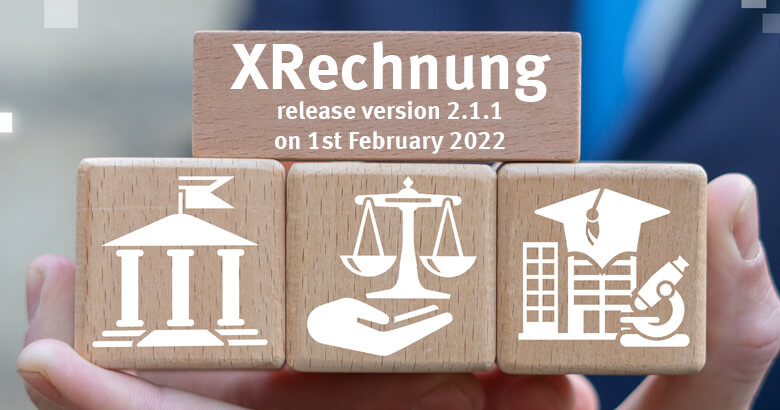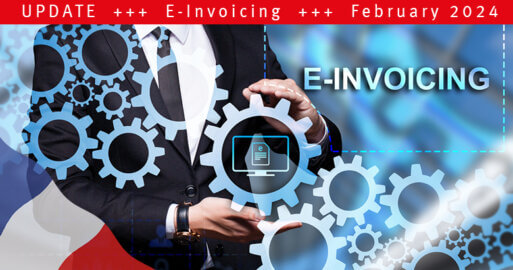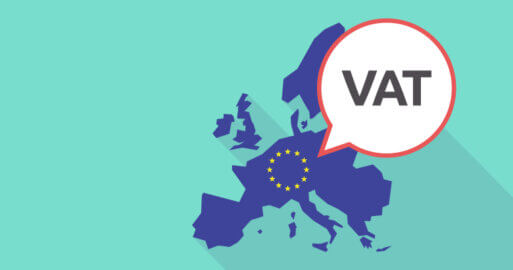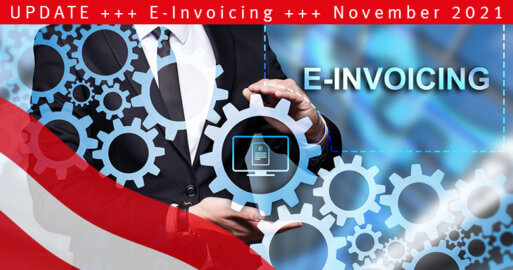XRechnung Version 2.1.1 – What is Changing and What is New?

From KoSIT‘s 2022 winter release of XRechnung, version 2.1.1, the dates on which the new versions of XRechnung are released and become effective are changing. This article looks at the editorial changes and clarifications in the next version, as well as the new business rules and the impact on Peppol routing IDs.
New versions of XRechnung to become effective on 1st February and 1st August each year
KoSIT has postponed the annual release and validity dates for the new versions of XRechnung. The reason for this is that the start of the winter validity period on 1st January clashed with the end-of-year closing for Germany’s public administration and many private companies. This led to difficulties in both public administration and the corporate world so that new dates were needed.
XRechnung Version 2.1.1 contains new business rules
In short, version 2.1.1 has gained some editorial changes with more precise formulations. There are also new business rules which make the payment means clearer. They also stipulate that if an invoice is reissued, it must contain at least one reference to the previous invoice.
Version 2.1.1 of XRechnung introduces the following business rules:
| BR-DE-23 | If payment means type code (BT-81) contains a key for a bank transfer (30, 58) then CREDIT TRANSFER (BG-17) must be transmitted. Neither BG-18 nor BG-19 may be transmitted in this case. |
| BR-DE-24 | If payment means type code (BT-81) contains a key for card payments (48, 54, 55), then PAYMENT CARD INFORMATION (BG-18) must be transmitted. Neither BG-17 nor BG-19 may be transmitted. |
| BR-DE-25 | If payment means type code (BT-81) contains the key for a direct debit (59), then DIRECT DEBIT (BG-19) needs to be transmitted. Neither BG-17 nor BG-18 may be transmitted in this case. |
| BR-DE-26 | If the element invoice type code (BT-3) contains code 384 (corrected invoice), then there needs to be at least one reference to PRECEDING INVOICE REFERENCE (BG-3). |
Rules BR-DE-23, BR-DE-24 and BR-DE-25 replace rule BR-DE-13, which no longer exists in the new version.
Rule BR-DE-26 aims to clearly mark the following situations:
- Corrected invoices (Code 384),
- Credit notes (Code 381) and
- Manually issue credit note as per the German VAT code UStG (Code 389)
In contrast to credit notes, the rule stipulating a reference to the previous invoice when correcting an invoice is binding.
XRechnung Release 2.1.1 – Changes to accompanying documents
Alongside the update to XRechnung, there is also a new version of the format specifications for the routing ID (Leitweg-ID). In this version, it has been clarified that a Leitweg-ID need not be identical to a Peppol ID.
(Source: https://www.xoev.de/xrechnung-16828 Leitweg-ID, Format-Spezifikation Version 2.0.2, published 28.07.2021 chapter 1.4 paragraph 1, line 2)
For users, this means a Leitweg-ID used for Peppol does not need to be identical to the Leitweg-ID in the buyer reference (BT-10).
In Germany, XRechnung is key to adopting EU directive 2014/55/EU and has been mandatory for invoices sent to government bodies since 27th November 2020.
Did you know?
SEEBURGER is a member of the associations VeR (Verband elektronische Rechnung) and FeRD (Forum elekronische Rechnung Deutschland). The VeR website contains a regularly updated interactive map to help you with e-invoicing within public administration. With just one click, you can view the various requirements for sending electronic invoices to federal, state and local governments for each of Germany’s 16 federal states.
FeRD also provides a comprehensive overview of requirements by state as well as regularly updated lists of federal and national e-invoicing regulations.
Finally, KoSIT, the German coordinating body for IT standards, lets you download an overview of the extent to which e-invoicing has already been adopted by the public sector from this page.
Thank you for your message
We appreciate your interest in SEEBURGER
Get in contact with us:
Please enter details about your project in the message section so we can direct your inquiry to the right consultant.
Written by: Katharina Koch
Katharina Koch, Product Manager, Business Unit Utilities, is responsible for management and product development in connection with market communication and SEEBURGER's e-invoicing solutions for the Utilities Industries. Katharina Koch has more than 15 years of business and technology experience in the utility industry, especially in the areas of market communication and SAP IS-U. Katharina Koch has been with SEEBURGER since January 2013.





